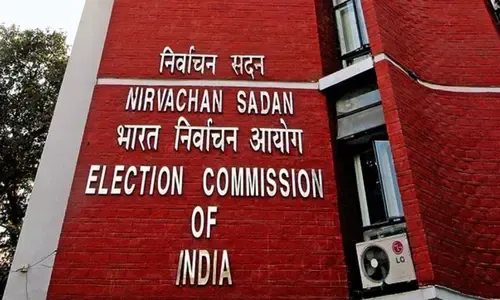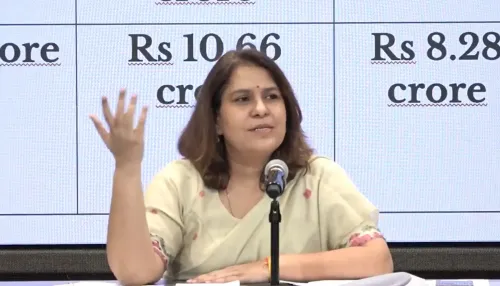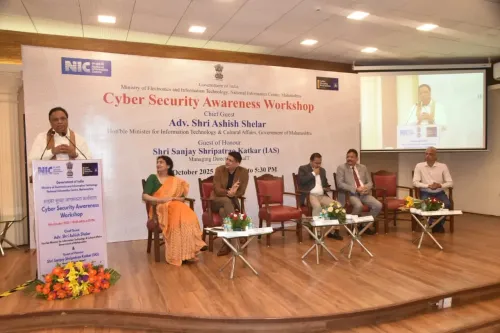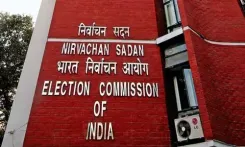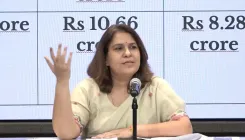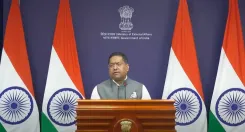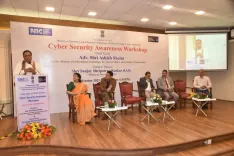Does the Election Commission Acknowledge Its Duty to Publish Data Post SIR?
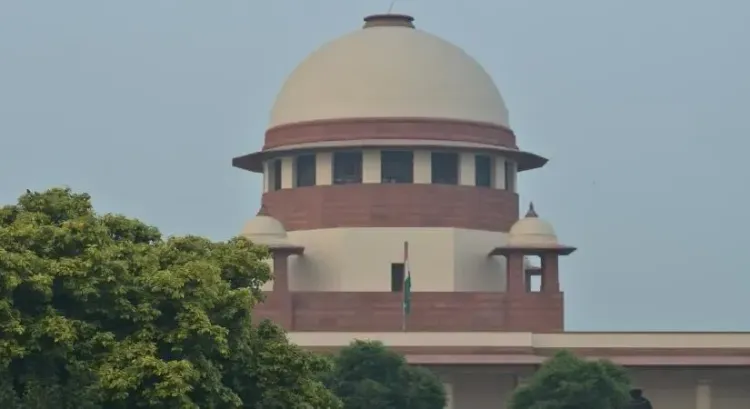
Synopsis
Key Takeaways
- Supreme Court adjourns hearing to November 4.
- ECI's obligation to publish voter roll changes highlighted.
- Legal aid for omitted voters is crucial.
- Transparency in electoral processes is essential.
- Final electoral rolls must be accessible to all stakeholders.
New Delhi, Oct 16 (NationPress) The Supreme Court has postponed, to November 4, the hearing concerning several petitions that contest the Election Commission of India’s (ECI) choice to carry out a Special Intensive Revision (SIR) of electoral rolls in the upcoming elections in Bihar.
During a brief session, Justices Surya Kant and Joymalya Bagchi noted that the electoral body understands its legal obligation to make known the details regarding additions and removals from the voters’ list.
Advocate Prashant Bhushan, representing the Association for Democratic Reforms (ADR), argued that the ECI is required to release distinct lists of names added and removed, as well as the justifications for any deletions.
"The ECI has failed to publish the final electoral roll on their website. This should happen without delay," he stated.
In reply, senior advocate Rakesh Dwivedi, representing the ECI, claimed that such directives from the apex court were unnecessary since the electoral body was already in the midst of finalizing the electoral rolls.
"We have until tomorrow. How can we say we won't publish?" Dwivedi contended.
Justice Surya Kant’s bench remarked that the issue remains open and emphasized that the ECI is aware of its obligations.
"The ECI understands its responsibilities; after making additions and deletions, it is required to publish this information," the apex court asserted, noting that final lists should be accessible to political parties and polling agents in every constituency.
Additionally, the court pointed out that no appeals against deletions had been lodged, despite the previous order allowing for legal assistance.
Regarding the broader constitutional question posed by the petitioners about the ECI's authority to conduct a SIR of electoral rolls, the bench instructed the ECI to provide written submissions.
Previously, the Justice Surya Kant-led Bench had asked the Bihar State Legal Services Authority (BSLSA) to liaise with District Legal Services Authorities (DLSAs) to ensure legal aid is available to those excluded from the voters' list.
"DLSAs must promote the contact information of these volunteers throughout villages, coordinate with Booth Level Officers (BLOs), and ensure all eligible citizens are aware of their rights," the apex court directed, requesting BSLSA to submit a status report within a week.
During that session, the ECI denied claims that many names had been removed from the final voter list following the SIR process in Bihar.

